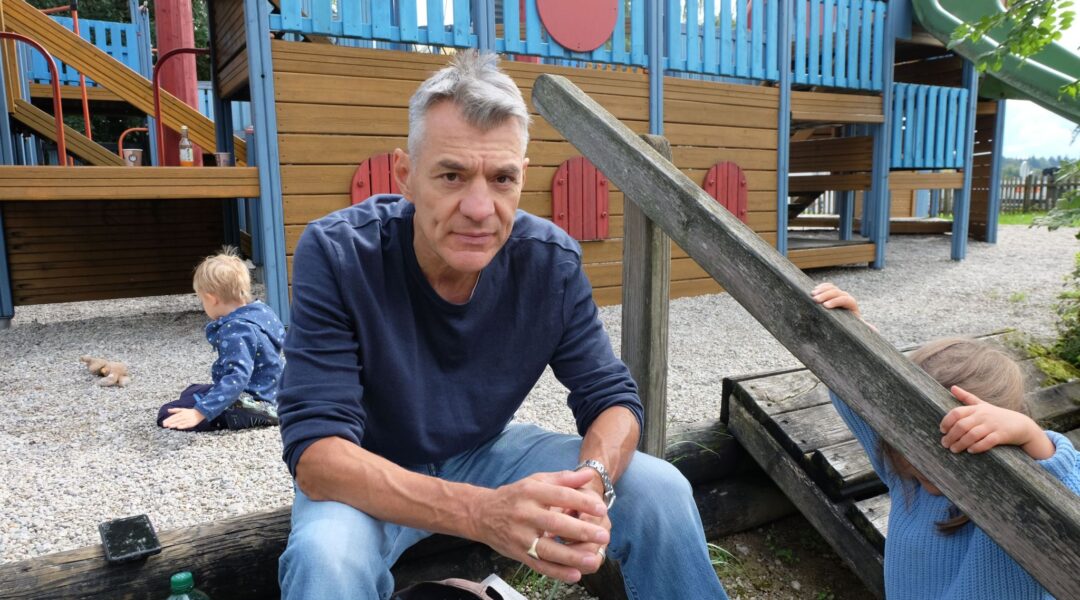The Challenges of Starting a Biotech Animation Studio (And Why It Was Worth It)
How to explain biotech to investors is a service I’m proud to offer today—but it didn’t start easy. The challenges of starting a biotech animation studio were very real: financial stress, no portfolio, zero demand, and no scientific background.
Still, every struggle led to growth. Here’s what I faced—and how I made it work.
Financial Struggles: One of the First Challenges of Starting a Biotech Animation Studio
When I launched my studio, I had no clients—just bills. That’s a tough place to begin.
What helped:
-
Saving up before I made the leap
-
Cutting personal expenses to the bone
-
Offering money-back guarantees to build trust and win early projects
Starting with no income is scary, but manageable with the right mindset.
No Portfolio: Another Common Challenge When Starting a Biotech Animation Studio
How do you land clients when you have no past work to show?
My strategy:
-
Doing discounted or free projects just to get real samples
-
Showcasing small, well-executed pieces
-
Using early wins to build momentum
Proof builds confidence—and trust builds opportunity.
Lifestyle Shift: Personal Sacrifices in the Challenges of Starting a Biotech Animation Studio
I gave up a lot—especially travel. But something more meaningful replaced it.
How I reframed it:
-
Embraced the joy of creating something lasting
-
Connected globally through my biotech clients
-
Found purpose in storytelling and science
Losing one lifestyle helped me build a better one.
Creating Demand: A Crucial Part of Overcoming the Challenges of Starting a Biotech Animation Studio
I worried no one needed what I was offering. But I realized something: demand can be created.
How I made it happen:
-
I showed how explainer videos could simplify biotech pitches
-
I framed animations as a strategic tool, not just a nice-to-have
-
I focused on the investor’s pain point: they don’t understand the science
As this Nature article on communicating science to non-experts points out, simplifying complex topics is crucial to earning attention and trust.
Scientific Gaps: A Common Challenge of a Studio Without a PhD
I’m not a scientist. That intimidated me at first.
How I solved it:
-
I built a team of PhDs to ensure scientific accuracy
-
I learned just enough to communicate well
-
I focused on translating complexity into clarity—my real value
That “outsider” role became a strength.
No Structure: An Overlooked Challenge
Leaving the 9–5 gave me freedom—but also a loss of structure.
What worked:
-
Creating my own working hours and sticking to them
-
Building new habits for discipline
-
Using flexibility as a tool, not a trap
You have to build your own framework from scratch—and protect it.
Working from a Cramped Home Office: A Relatable Challenge for Many Startup Founders
I shared a small space with my wife, then welcomed twins. It wasn’t ideal.
How we managed:
-
Defined work and home zones—even within one room
-
Set boundaries for work hours
-
Moved into a coworking space as soon as we could
Constraints forced creativity—and taught patience.
Conclusion: Why Starting a Biotech Animation Studio Were All Worth It
Looking back, every challenge was part of the foundation.
Today, I help brilliant scientists explain their work. I run a purpose-driven studio. I lead a team I trust.
The challenges of starting a biotech animation studio weren’t easy—but they led to freedom, creativity, and fulfillment.
If you’re building a biotech startup—and want to explain your science in a way that sticks—I’d love to help.

